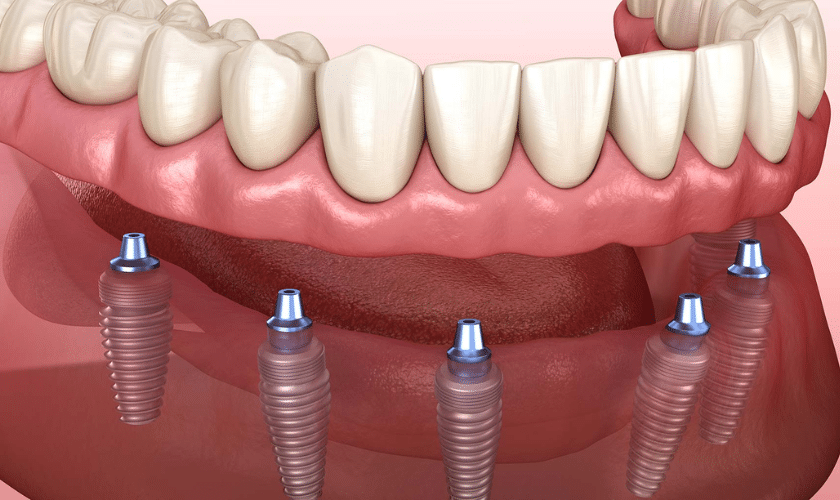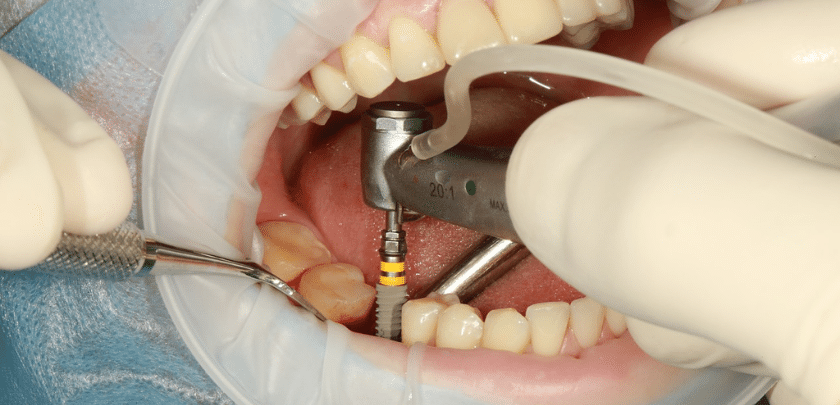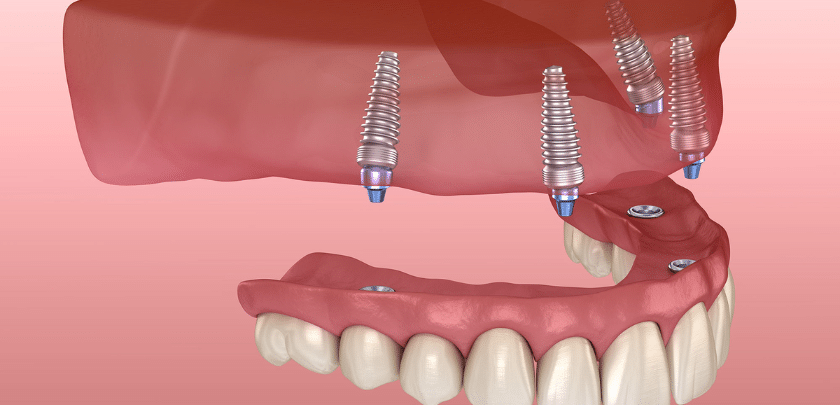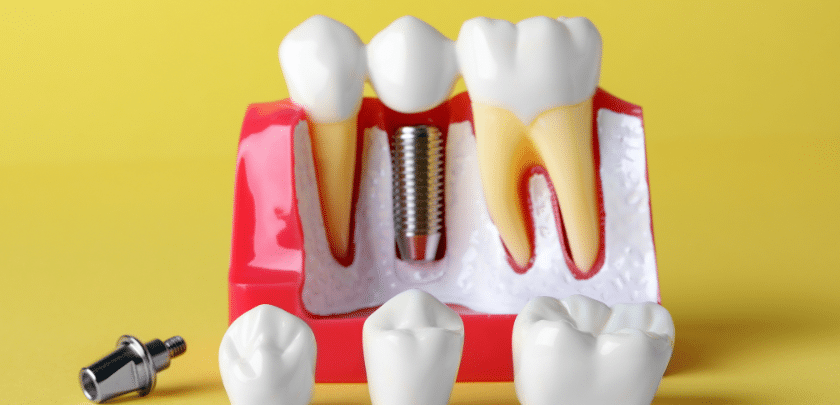
A bright, confident smile can significantly impact one’s self-esteem and overall well-being. Full-arch dental implants have revolutionized the field of dentistry, providing individuals with a permanent solution to tooth loss. However, just like natural teeth, these implants require meticulous care to ensure they stand the test of time. In this comprehensive guide, we will delve into the essential steps and expert tips on how to take care of full-arch dental implants for a radiant smile and optimal oral health.
Understanding Full-Arch Dental Implants
Full-arch dental implants represent a cutting-edge solution for individuals seeking a comprehensive approach to tooth replacement. Unlike traditional dentures, which may slip or require adhesives, full-arch implants provide a permanent and stable foundation for an entire set of upper or lower teeth. This innovative approach not only restores the aesthetic appeal of a natural smile but also ensures functional benefits, such as improved bite strength and speech clarity.
The journey to full-arch dental implants involves a thorough evaluation, precise surgical procedures, and a tailored treatment plan. Patients considering this transformative option can anticipate enhanced confidence and a significantly improved quality of life. To delve deeper into the world of full-arch dental implants and explore whether they are the right choice for you, consult with a dental professional who specializes in implantology.
Step-by-Step Guide to Full-Arch Dental Implant Care
Maintain Excellent Oral Hygiene
Maintaining impeccable oral hygiene is paramount for the health and longevity of full-arch dental implants. Here’s a detailed breakdown of the steps involved:
Brushing Technique:
- Use a soft-bristled toothbrush with fluoride toothpaste.
- Brush your prosthetic teeth and gums gently in circular motions, paying attention to the areas where the implants meet the gums.
- Ensure you reach every surface for a thorough clean.
Interdental Cleaning: Flossing is critical to remove debris and plaque between implanted teeth. Consider using interdental brushes or water flossers to clean hard-to-reach areas effectively. Your dentist can recommend the most suitable tools based on your specific implant structure.
Antimicrobial Mouthwash: Rinse with an antimicrobial mouthwash to reduce the risk of infection and maintain a healthy balance of oral bacteria. Please choose a product recommended by your dentist and incorporate it into your daily oral care routine.
Regular Dental Check-ups
Regular dental check-ups are essential to monitor the health of your full-arch dental implants. These appointments go beyond routine cleanings and include:
Professional Cleaning: Dental professionals have specialized tools to clean areas that may be challenging to reach at home. Professional cleanings help prevent the buildup of plaque and calculus around the implants.
X-rays and Imaging: Periodic X-rays allow your dentist to assess the bone density around the implants. This is crucial for detecting any issues early on and ensuring the implants remain securely anchored.
Comprehensive Examination: Your dentist will thoroughly examine the prosthetic teeth, gums, and surrounding tissues. Any signs of inflammation, infection, or abnormalities will be addressed promptly.
Adopt a Balanced Diet
A well-balanced diet not only supports your overall health but also contributes to the well-being of your full-arch dental implants. Consider the following dietary tips:
Calcium-Rich Foods: Incorporate calcium-rich foods such as dairy products, leafy greens, and fortified cereals into your diet to promote strong bone health.
Vitamin D Supplements: Consult with your dentist or healthcare provider about the potential need for vitamin D supplements. Vitamin D is crucial for calcium absorption, which is vital for maintaining healthy bones.
Limit Sugar Intake: Excessive sugar consumption can lead to plaque buildup and increase the risk of gum disease. Opt for a diet low in sugary snacks and beverages.
Avoid Harmful Habits
Smoking Cessation: Quitting smoking is one of the best things you can do for your oral health. Smoking can impede the healing process, increase the risk of infections, and contribute to gum disease.
Moderate Alcohol Consumption: Excessive alcohol intake can dehydrate your oral tissues, reducing saliva production. Saliva plays a crucial role in neutralizing acids and maintaining a healthy oral environment.
Caffeine Moderation: While moderate caffeine consumption is generally acceptable, excessive intake can contribute to teeth grinding (bruxism). Be mindful of your caffeine intake, especially if you notice any signs of teeth grinding.
Protect Against Teeth Grinding
Bruxism, or teeth grinding, can exert undue pressure on both natural teeth and dental implants. Consider the following strategies to protect your implants:
Night Guard Usage: If you grind your teeth during sleep, consult your dentist about using a custom-fitted night guard. This oral appliance creates a barrier between your upper and lower teeth, preventing damage caused by grinding.
Stress Management: Explore stress-reduction techniques, as stress is a common contributor to bruxism. Practices such as yoga, meditation, or counseling can help alleviate stress and reduce the likelihood of teeth grinding.
Caring for full-arch dental implants is a commitment to not only preserving a radiant smile but also safeguarding your overall oral health. By following these essential steps and incorporating them into your daily routine, you can ensure the longevity and success of your dental implants. Remember, a healthy smile is a beautiful smile, and with proper care, your full-arch dental implants can provide you with confidence and comfort for a lifetime. Schedule regular check-ups, practice good oral hygiene, and make lifestyle choices that support your oral health journey.



